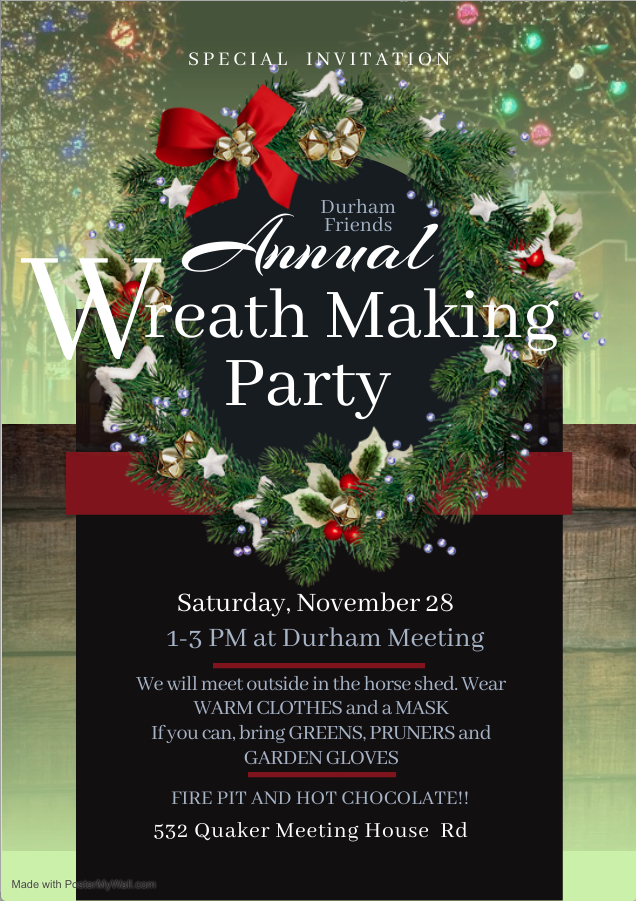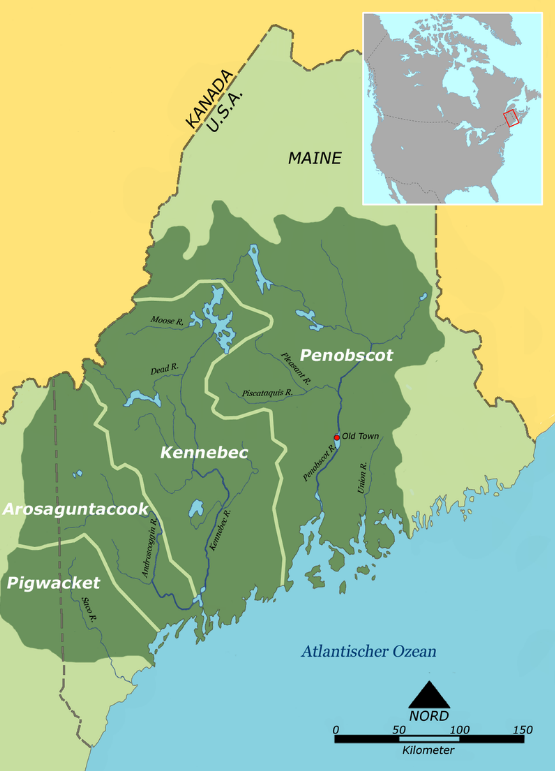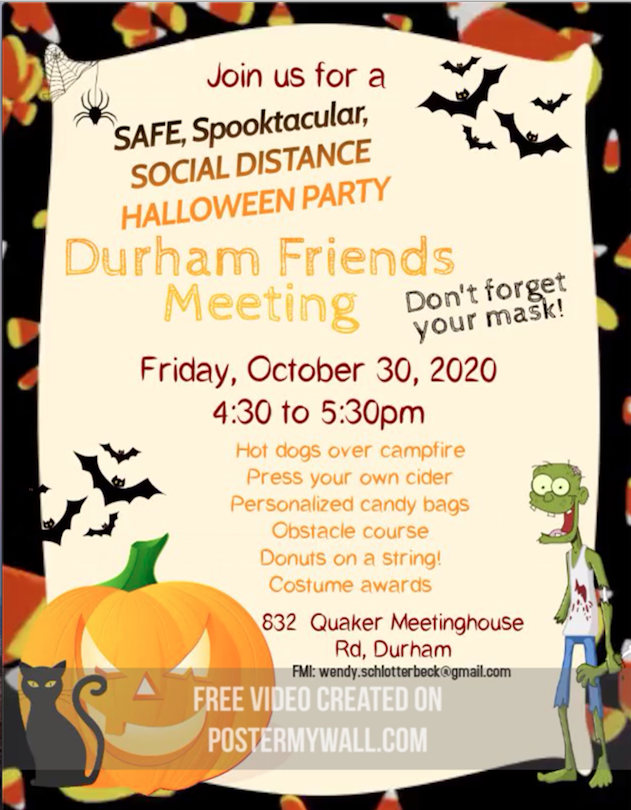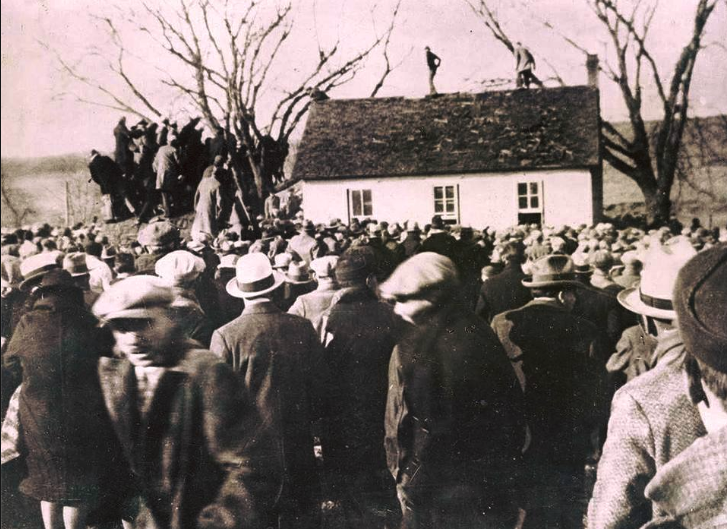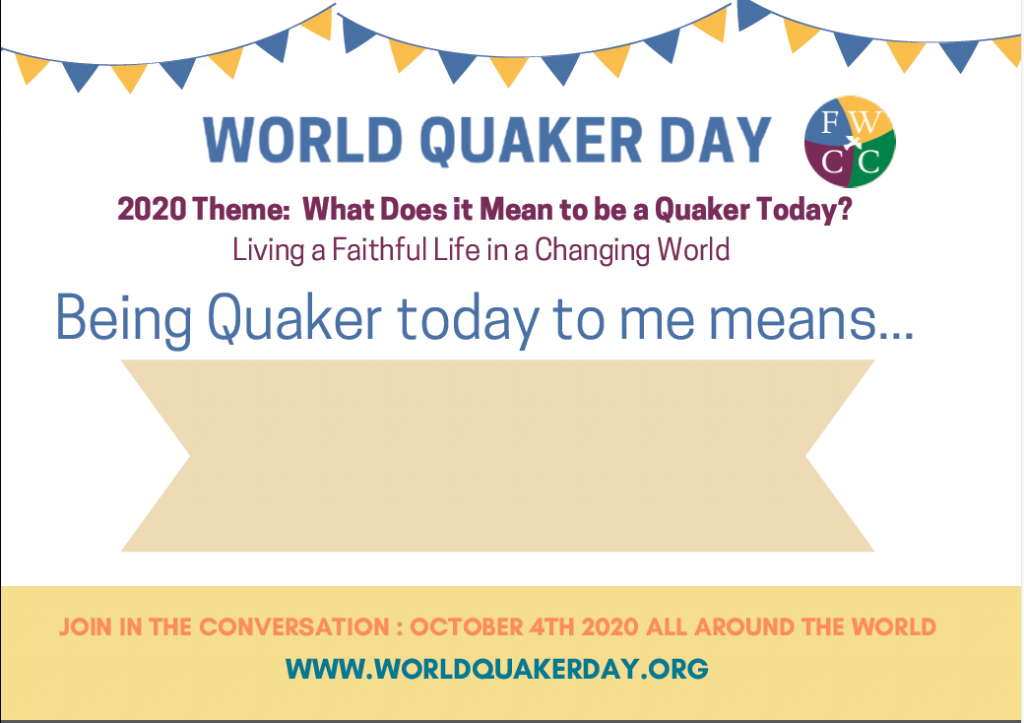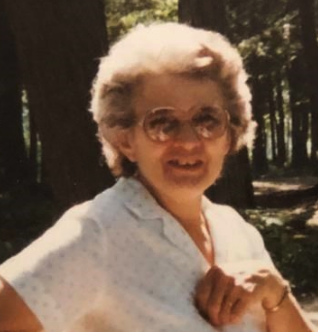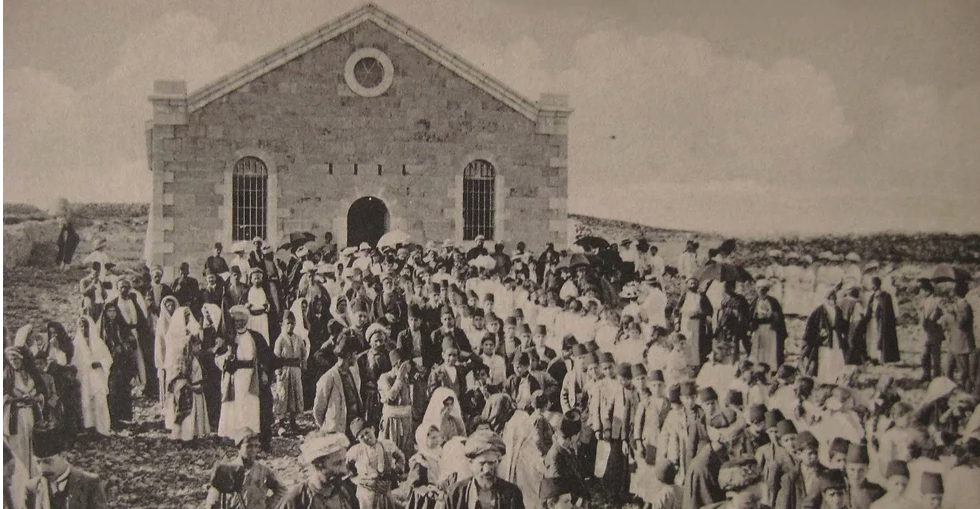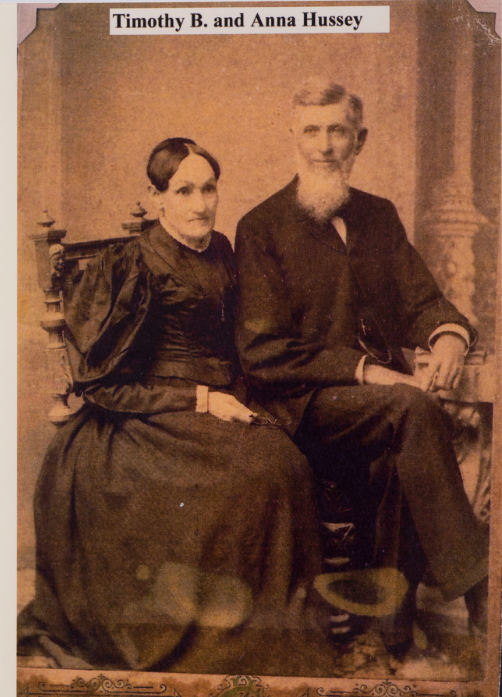Message given at Durham Friends Meeting, December 6, 2020
Opening Advent Hymn: Come Thou Long Expected Jesus
Words: Charles Wesley, 1744. Music: Rowland Hugh Pritchard, 1844
Come, thou long expected Jesus
Born to set thy people free
From our fears and sins release us
Let us find our rest in thee
Israel’s strength and consolation
Hope of all the earth thou art
Dear desire of every nation
Joy of every longing heart
Born thy people to deliver
Born a child and yet a king
Born to reign in us forever
Now thy gracious kingdom bring
By thine own eternal spirit
Rule in all our hearts alone
By thine own sufficient merit
Raise us to thy glorious throne
Today begins the second week of Advent so I was encouraged to look in the Advent section of the hymnal. In a Friends hymnal, who knew? There I met the Advent carol Come Thou Long Expected Jesus. Though it is a couple of hundred years old it was new to me. As I went through my day, I sang it to myself trying to learn it. Later I checked the words and discovered that I had changed Long-expected to Unexpected. How very Advent! We are waiting and expecting but what actually arrives is always in some important way, every year, Unexpected. Sometimes it is what we know but have forgotten.
One important part of my spiritual journey was examining the spiritual seasons of the year when my children were young. How could I take my inward Quaker experience and bring it to life to invite my children to connect?
Early Friends distained separating spiritual truths and giving them specific days. But Early Friends also lived in an ecclesiastical age when the holy days and language of the church were everywhere. Those days in turn were built on the older fabric of our knowing and celebrating that creator and creation were one. How to invite my children into the mystery?
One thing I did was to look at many traditions then trust my Inner Quaker Guide. My mother’s Presbyterian tradition of daily lighting of Advent candles was a joy in my childhood, an invitation to a special season. As I researched, I learned of an Advent practice in far northern Scandinavia to take a wheel off the wagon and use it as the Advent candle holder. The message was: It is time to stop going into town and running errands. It is time to be still, to be centered. This really spoke to my condition. I have always been someone with to do lists for work, family, meeting, neighborhood, etc. In fact, I even have Post-Its with sub to do lists on top of my long written to do list. If we aren’t careful the season before Christmas adds a layer of more to do lists.
The other thing, which I heard in so many traditions was that the spiritual calendar, indeed the turning of the world, requires our human prayers and participation. The pivoting of the season from the longest, darkest night to lengthening days requires our stopping, our centering. This year is a special challenge. How do we wait when we feel stuck? What does it mean to take the wheel off the wagon when we never got a chance to use it? The wagon has been sitting in the yard. The vines have been growing over it — since March.
I learned something about waiting when I was pregnant with my first son Colin. I went four weeks past my due date. Something they wouldn’t allow anymore. I remember standing in the supermarket a week past my long-expected delivery date and listening to people complain about the slowness of the line, the checkout clerk… I thought these people are amateurs— they know nothing about real waiting. This year, I am waiting: to hug my grown children and my dear friends, to gather once again with our beloved community in our beloved meetinghouse. I long to visit with our friend who lost her husband to COVID and did not get to be with him for what turned out to be the last 3 weeks of his life. We are living in exile— forcibly separated from what we have felt was our rightful place. We are given advice on how to live in exile in Jeremiah 29:4-7,11-13.
Thus, says the Lord of hosts, the God of Israel, to all the exiles whom I have sent into exile from Jerusalem to Babylon: 5 Build houses and live in them; plant gardens and eat what they produce. 6 Marry and have sons and daughters; … 7 Also seek the shalom of the city where I took you as captives in exile, and pray to Adonai for it—for in its shalom will you have shalom.”….11 For surely I know the plans I have for you, says the Lord, plans for your welfare and not for harm, to give you a future with hope. 12 Then when you call upon me and come and pray to me, I will hear you. 13 When you search for me, you will find me; if you seek me with all your heart.
The wisdom in exile is to live into the small acts of our daily life, plant gardens, care for our families. Seek shalom where we are. Ask for the Divine blessing of shalom for our place of exile. If you seek me with all your heart you will see, I am with you. Emmanuel!
Starting when the kids were young, each year we put up the old family creche. We placed Mary and Joseph and the animals under the roof. The Advent tradition that we created with our children was to light the advent candles each night and sing a carol. Beneath the Advent candleholder we placed the empty manager. We had spools of thread and scissors and invited all to name good deeds which they had noticed. For each good deed we added a thread to the manger. Thus, we made the invisible visible.



On Christmas the Christ child is placed on the thread softened manger.
Christ shall have the rude stable no longer but shall be born into his rightful place in the human heart.
The small acts of our lives became the bed of the holy child, the long-expected, unexpected child. The invitation of advent is to make sacred the everyday and that is really the difference between being stuck and waiting. Not what we do but the spirit that infuses it. Shalom. The Word becomes flesh and dwells with us. This doesn’t make creation sacred. It has been from the beginning. As humans, we need moments, perhaps even seasons and celebrations, to remind us that that sense of separation from God and all creation is illusionary. Emmanuel, we sing! Emmanuel! God with us!
Closing Advent Hymn: O Come O Come Emmanuel
Words from 12 cent. Latin, trans John M Neal, 1851 and Henry Sloan Coffin in 1916; Music: Ancient plain Song, from a French Missal, arr. By Thomas Helmore, 1854.
O come, Thou Wisdom from on high,
And order all things, far and nigh;
To us the path of knowledge show,
And cause us in her ways to go.
Rejoice! Rejoice! Emmanuel
Shall come to thee, O Israel.
O come, Desire of nations, bind
All peoples in one heart and mind;
Bid envy, strife and quarrels cease;
Fill the whole world with heaven’s peace.
Rejoice! Rejoice! Emmanuel
Shall come to thee, O Israel.
O come, O come, Emmanuel,
And ransom captive Israel,
That mourns in lonely exile here,
Until the Son of God appear.
Rejoice! Rejoice! Emmanuel
Shall come to thee, O Israel.

